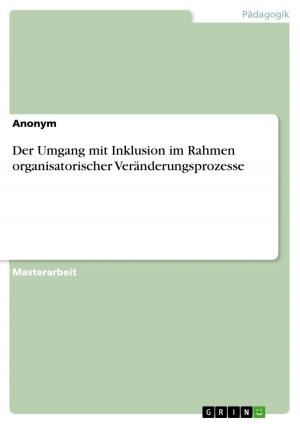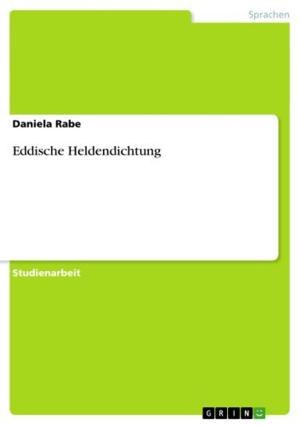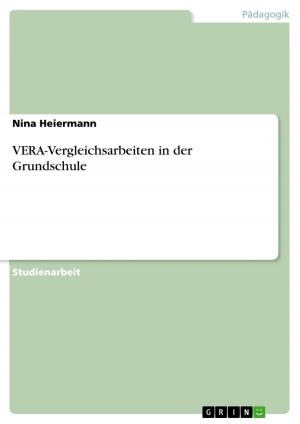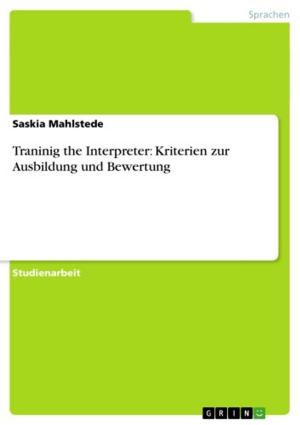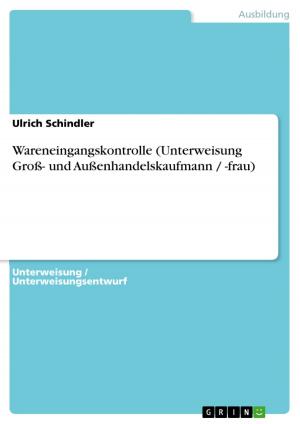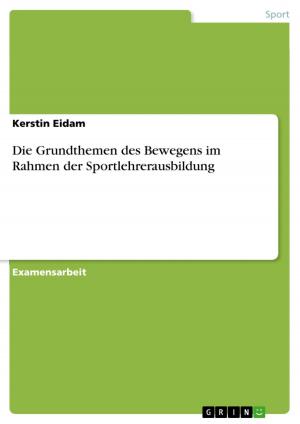Dryden's Adaptation of Shakespeare's 'The Tempest'
Fiction & Literature, Literary Theory & Criticism, British| Author: | Stefan Kraus | ISBN: | 9783638611602 |
| Publisher: | GRIN Verlag | Publication: | February 17, 2007 |
| Imprint: | GRIN Verlag | Language: | English |
| Author: | Stefan Kraus |
| ISBN: | 9783638611602 |
| Publisher: | GRIN Verlag |
| Publication: | February 17, 2007 |
| Imprint: | GRIN Verlag |
| Language: | English |
Seminar paper from the year 2006 in the subject English Language and Literature Studies - Literature, grade: 1,3, University of Siegen, 12 entries in the bibliography, language: English, abstract: In the course of the last four centuries many authors have made good use of Shakespeare's wealth of ideas and his unique style of elaborate and figurative writing, be it in the form of adopting Shakespearean thoughts in order to create new literary works or by adapting one or several of Shakespeare's plays and thus making the him accessible to a particular contemporary audience. The latter applies to John Dryden who tried to reinvent The Tempest for the Restoration public at large. This term paper is intended to examine in how far Dryden managed to contribute his own ideas to this adaptation without neglecting the basic framework of Shakespeare's Tempest. First, Kraus concentrates on the Restoration period itself and the repercussions on drama and theatrical performances that the re-establishment of the monarchy involved. On second thoughts, he draws attention to Dryden's adaptation of the Tempest, in particular by means of analyzing and elucidating to what extent it differs from the original with regard to plot, staging possibilities and language.
Seminar paper from the year 2006 in the subject English Language and Literature Studies - Literature, grade: 1,3, University of Siegen, 12 entries in the bibliography, language: English, abstract: In the course of the last four centuries many authors have made good use of Shakespeare's wealth of ideas and his unique style of elaborate and figurative writing, be it in the form of adopting Shakespearean thoughts in order to create new literary works or by adapting one or several of Shakespeare's plays and thus making the him accessible to a particular contemporary audience. The latter applies to John Dryden who tried to reinvent The Tempest for the Restoration public at large. This term paper is intended to examine in how far Dryden managed to contribute his own ideas to this adaptation without neglecting the basic framework of Shakespeare's Tempest. First, Kraus concentrates on the Restoration period itself and the repercussions on drama and theatrical performances that the re-establishment of the monarchy involved. On second thoughts, he draws attention to Dryden's adaptation of the Tempest, in particular by means of analyzing and elucidating to what extent it differs from the original with regard to plot, staging possibilities and language.




